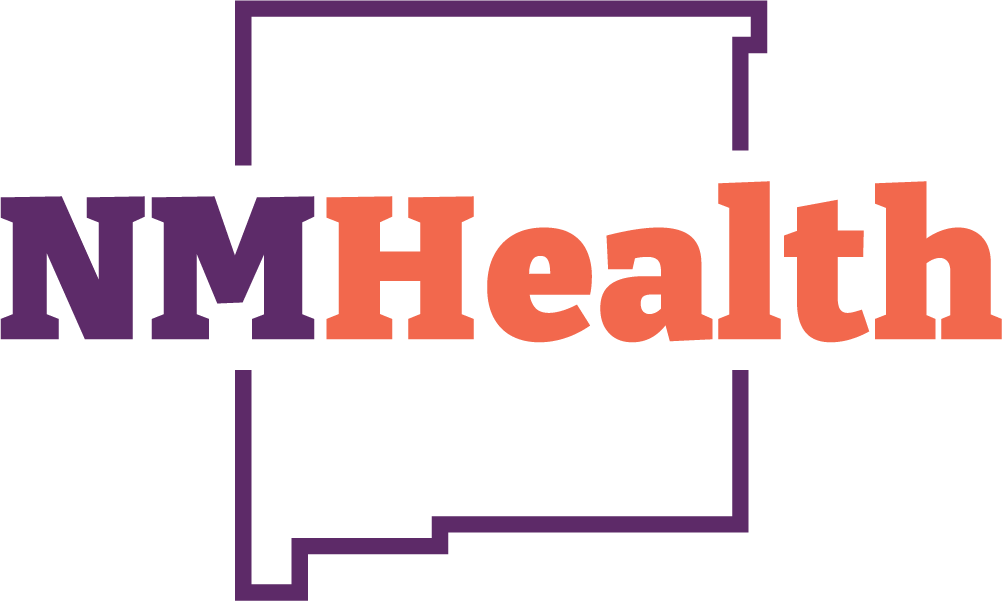The CAMS training model provides a spectrum of experiences that optimizes the learner’s understanding of how to use CAMS adherently within clinical practices across different treatment settings and clinical populations. Implementation and dissemination science has clearly shown that an integrative approach to training that uses several modalities for learning improves clinicians’ learning and adaptation of new skills. The CAMS integrative training model enables most clinicians to become adherent to this evidence-based approach in their first delivery of the CAMS model with a persons of concern. Clinicians frequently report the CAMS training model provides them with the confidence and clarity to use CAMS effectively with persons of concern.
Becoming CAMS TRAINED to practice this clinical model of care takes just 3 hours of online course pre work, 8 hours of virtual class work (delivered in an online classroom), and 4 hours of consultation calls once you are working with persons of concern. This opportunity involves 6 required elements:
1. Licensed or Certified to practice in a mental health field profession.
2. A resident of New Mexico.
3. Working with youth and young adults (<=26), or working on a mobile crisis team, or working in a crisis triage support center.
4. Complete the CAMS Foundational Video Course Pre Work prior to attending the Role-Play Training Day
The training combines didactic presentations by Dr. Jobes as he introduces an unscripted clinical demonstration of the use of CAMS with a patient through the course of 12 sessions of the CAMS Framework. Pass the
free test.
5. Participate in the Online Role-Play Training Day
Designed to enhance knowledge of the CAMS Framework while providing an opportunity to practice completing the Suicide Status Form with other mental health professionals learning the model.
6. Attend the CAMS Consultation Calls
Attend 4 Consultation Calls after you are using CAMS with your patients. The calls give you a forum to discuss cases, best practices and have your questions answered by an experienced CAMS Consultant.
Seven (7) CE credits will be given to participants that complete the pre-work, attend the entire role-play training day, and complete the 4 consultation calls.






